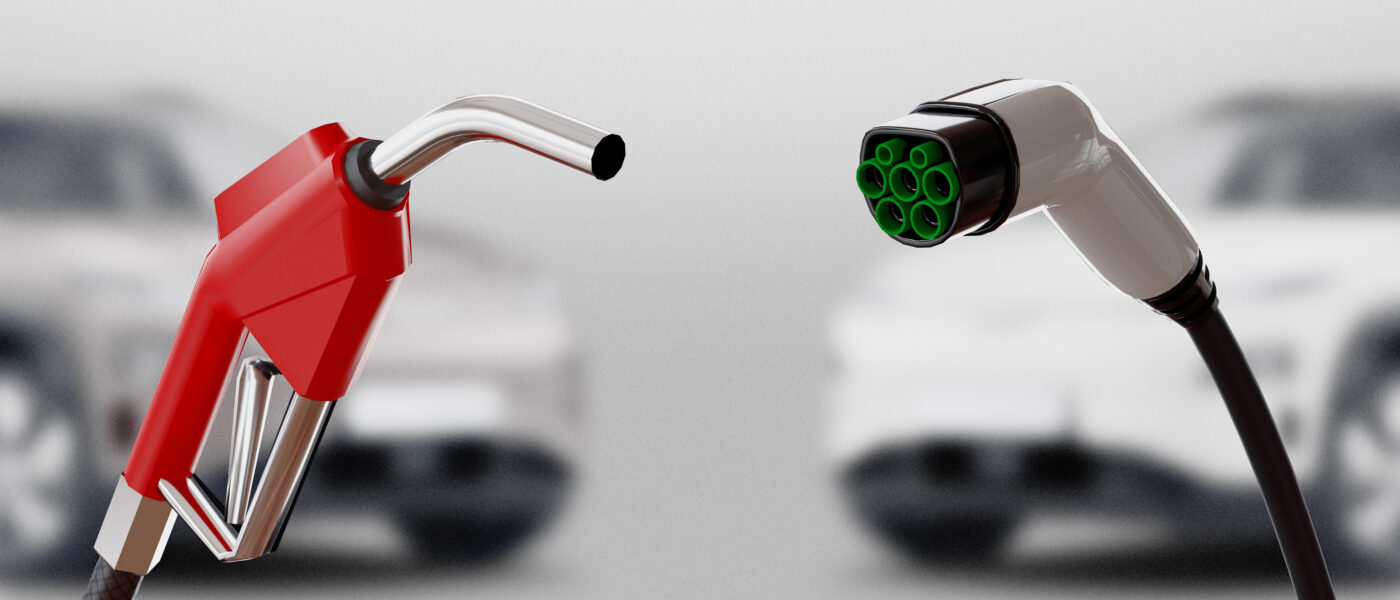August 1st marks the day EV-driving becomes ‘free’ in the UK
A new study has found that today (1st August) is the point at which petrol driving becomes more expensive than driving an electric car for a whole year.
Dubbed ‘Electric Car Day’, the 1st August, according to The Electric Car Scheme, is the date in which the average petrol driver has spent more on fuel than the average EV driver will for the entire year.
This point was revealed by analysing the annual fuel costs for the average UK driver travelling 7,400 miles a year – estimated to be £1,265 for petrol drivers and £740 for electric car drivers.
That means a petrol driver will have spent more on fuel by the start of August than an EV driver will all year.
The equivalent day for carbon emissions is March 8 when a petrol car will have produced more carbon emissions than an electric car will for a whole year of driving and power consumption. While the UK’s power grid retains fossil fuels, EV driving will not be 100% emissions free, but as more and more renewables are added to the grid that day will move earlier and earlier.
The Electric Car Scheme has dubbed August 1 ‘Electric Car Day’ as it underlines just how much more affordable electric cars are, with average EV drivers essentially getting five months of free driving.
Since fuel prices move around the day is not static. With fuel prices higher in 2022 it would have fallen on July 7 – meaning EV drivers would be spending just over half of what petrol drivers are on fuel. In future years the day could get even earlier as the costs of petrol rise and electricity bills return to normal levels.
The Electric Car Scheme CEO and Co-Founder Thom Groot commented: “The next time you pull into a petrol station to fill your car up, take a second to think through how much you’ve spent on petrol already this year. If you were driving an electric car that money you’ve already spent would be your total fuel cost for the year – but instead you’ll have to pour loads more cash into your petrol tank before the year is out. And that’s not even considering the emissions being belched out of your exhaust.
“Most people are aware that driving an electric car is far cheaper than driving a petrol one, with stable off-peak electricity prices meaning each mile costs around 10p – compared to around 17p for the average petrol car. But it’s hard to completely visualise what that difference means in practice. So, we worked out the exact point it becomes more expensive to drive a petrol car. And it’s a startling date – 2024 is still five months away.
“We know that upfront costs remain higher for electric cars, which is why we created The Electric Car Scheme to get more drivers behind the wheel of one affordably. The scheme works with salary sacrifice so drivers get savings of up to 60% on a lease – a bit like the Cycle to Work scheme, but for electric cars.”
Edmund King OBE, AA president commented: “The data is clear: It’s far more affordable to drive an electric car than one powered by petrol, or indeed diesel, and that difference is likely to grow in the next couple of years. EVs remain more expensive upfront than petrol cars, but prices are coming down so I’d encourage anyone to work out whether an EV might be a better deal for them financially and environmentally in the long run. The AA is also campaigning for the Government to cut VAT for on-street charging and to reduce VAT on certain EVs to make them more affordable in the first place.”
